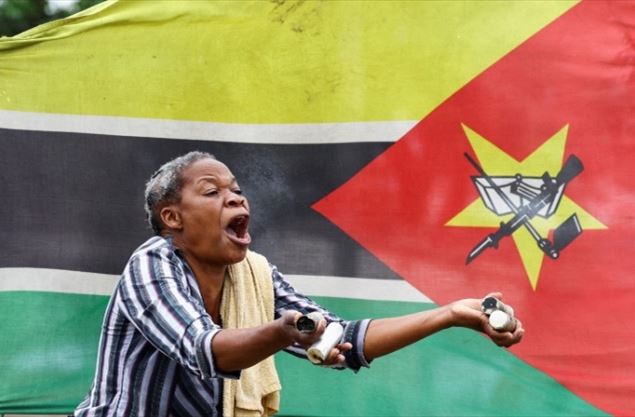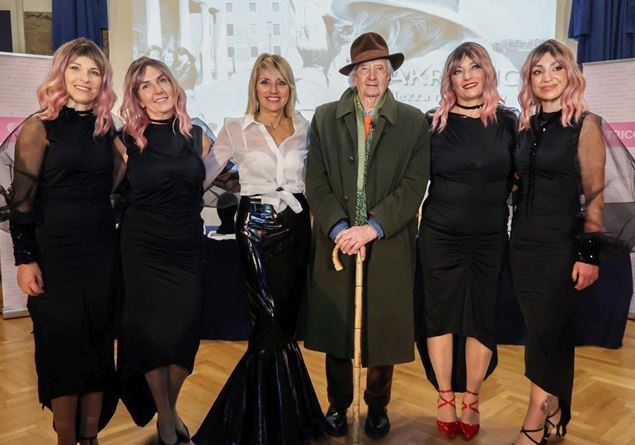
Since the October 9 elections, Mozambique is witnessing a radicalization of political discourse and a worrying spiral of violence. In fact, Venancio Mondlane, opposition leader, organized several protests in Maputo, against the government, following the controversial presidential elections last October.
Mondlane, a former MP and Reformed pastor, had initially promised to lead a march to contest the victory of the ruling party’s candidate, Daniel Chapo, who received 71% of the votes according to official results.
Meanwhile, the demonstrations of recent days have caused at least 24 deaths and pushed the authorities to limit access to the internet. The UN and several ambassadors urged calm, while South Africa closed the main land border and advised against travel to Mozambique.
The Catholic bishops of Mozambique also spoke out on the issue, defining the October 9 elections as “fraudulent” and “manipulated”. and urged authorities not to “certify a lie.” The president of the episcopal conference, Archbishop Inacio Saure, complained of serious irregularities, such as electoral fraud and falsification of results, also denouncing the assassination of two opposition leaders before the vote.
The bishops warned of the risk of a return to violence, calling for peace and justice for Mozambique. Against the backdrop of political tensions, the northern province of Cabo Delgado continues to suffer from the Islamist insurgency, active since 2017, which has displaced over a million and caused thousands of victims.
Human Rights Watch denounced the police as firing live and rubber bullets to disperse the crowd, causing numerous injuries, including children hit by tear gas in their homes. In Chimoio and Gondola, in the province of Manica, and in Nampula, several people died from gunshot wounds, while in Maputo security forces fired tear gas indiscriminately into houses near the protests. Human Rights Watch called for an impartial investigation into the incidents of violence and urged the authorities to ensure respect for the rights to freedom of expression and assembly provided for in the Constitution.
Most Mozambicans have had direct or indirect experience of the civil war, which lasted 16 years until 1992. For this reason, many, starting with the bishops and priests of the country’s parishes, are proving particularly apprehensive in the face of the growing radicalization of speeches, without that a political solution is visible on the horizon.
© Catholic University of Mozambique
Yet it is right from the Local Church that long before the electoral round, a project was carried out to raise awareness and inform people, as told by the auxiliary bishop of the archdiocese of Maputo, Father Osório Citora Afonso, Consolata Missionary, born in Ribaue in Mozambicor: «The Christian community was prepared through a pastoral note from the bishops of the Episcopal Conference of Mozambique, dated 22 April, on the occasion of the electoral census and also the general election of 9 October. With this pastoral note, signed by the Archbishop of Nampula and president of the episcopal conference, HE Monsignor Inacio Saure, we have prepared Christians to arrive at that important moment in the life of the Mozambican people, aware of their responsibility. For this reason we had taken the biblical phrase of Psalm 106, 3 “Blessed are those who observe what is prescribed, who do what is right, at all times”. In this note, the first aspect that, as bishops, we have underlined is that of walking together, synodality: “Together for a more fraternal and democratic nation”.
As the general election approached, “we said to ourselves”, continues the auxiliary bishop of the archdiocese of Maputo, “we want to offer the faithful a reflection that arises from the various lessons learned from the last elections in Mozambique. And then we underlined how important it was to walk together to build a more fraternal and democratic nation. We have made an appeal to all those involved in the electoral process: to the electoral bodies, political parties, candidates, civil society organisations, election observers, the media and all, political parties, candidates, organizations of civil society, election observers, the media and all Mozambicans.”
This document was sent to Christians and all parishes in April this year, so that they had several months to be ready for the October elections. Unfortunately, however, it did not stem the violent protests over alleged electoral fraud. «In recent days we have seen in the square and in the streets we have seen Mozambicans hungry for electoral justice. They defended the truth of the ballot boxes which, according to them, were not transparent and that there was a lot of fraud. They are disoriented generations, women and men who feel deceived by politicians who have promised so much and kept nothing. This brought them to the streets of Maputo, but also large cities such as Beira and Nampula. These people want change. Society needs change, a governmental alternative and a new model of government. After 50 years with the same party in power, they need another way of governing that responds to the anxieties of young people and seeks the common good, where young people have a place and a value in the management of the nation» comments Father Osório Citora Afonso.
Which concludes:
«Faced with the atrocities that were seen after the election, we the bishops made a second note, dated 22 October last, where we stated: “We ask for respect for the right to political demonstration, but we also warn young people not to allow themselves to be exploited and dragged into acts of vandalism and destabilization”. Furthermore, it was read that “we, the Catholic bishops of Mozambique, ask all those who are directly involved in this electoral process and in the conflict generated to do the exercise of recognition of guilt and forgiveness and the courage of truth. Mozambique must not return to violence,” they insisted. This message was repeated by HE Monsignor Joao Carlos, Archbishop of Maputo and vice-president of the Episcopal Conference, on the evening of November 6th when he was expecting the day of the 7th in which a huge demonstration had been planned in the capital: “Let’s avoid the spread of blood and violence. We experience these situations in the vespers of the Jubilee of the Holy Year which has as its theme: “pilgrims of hope”. We invite all of us to be pilgrims of hope in this Mozambique».







